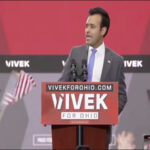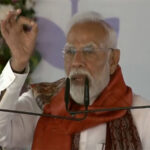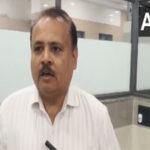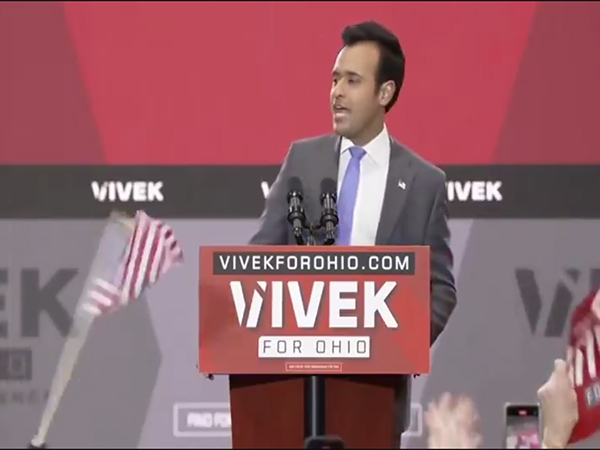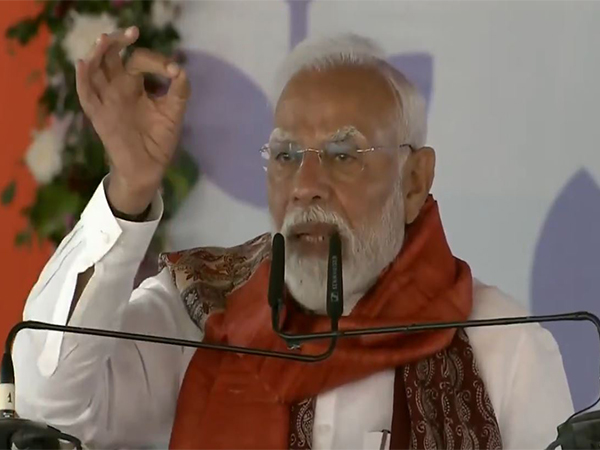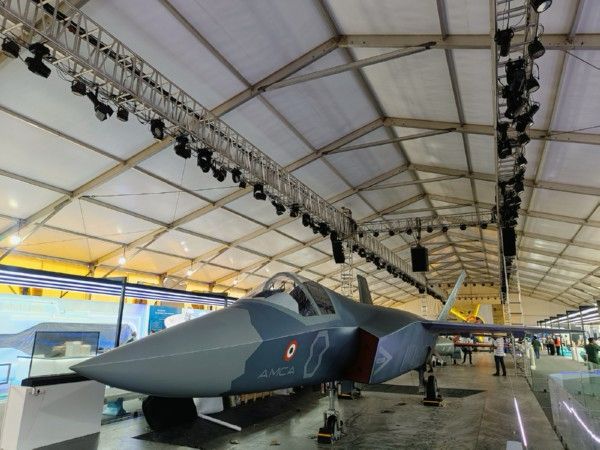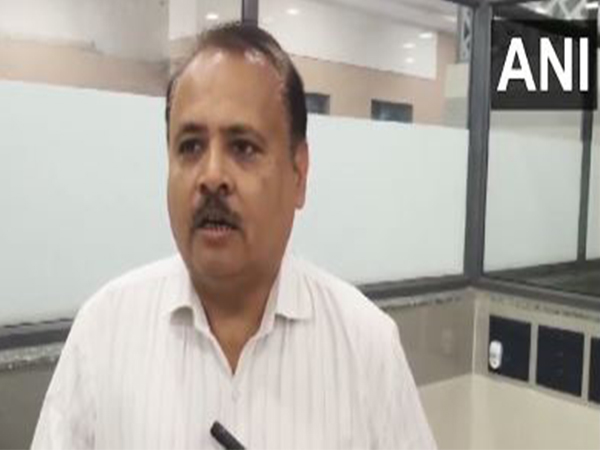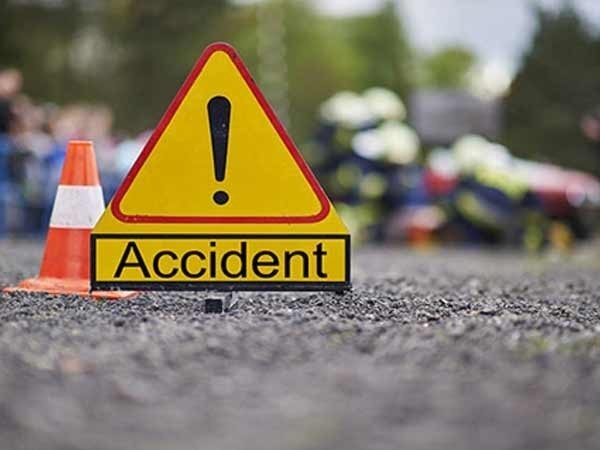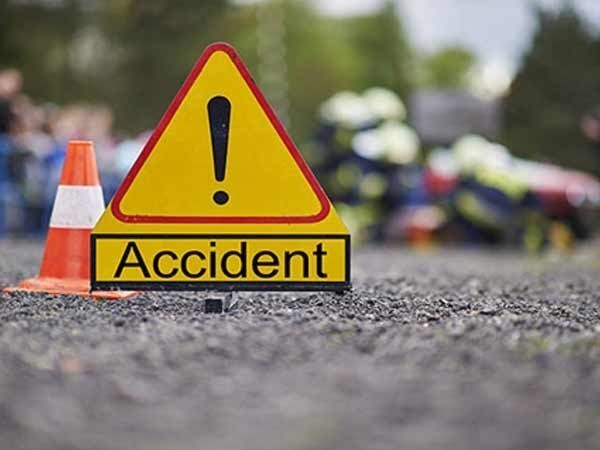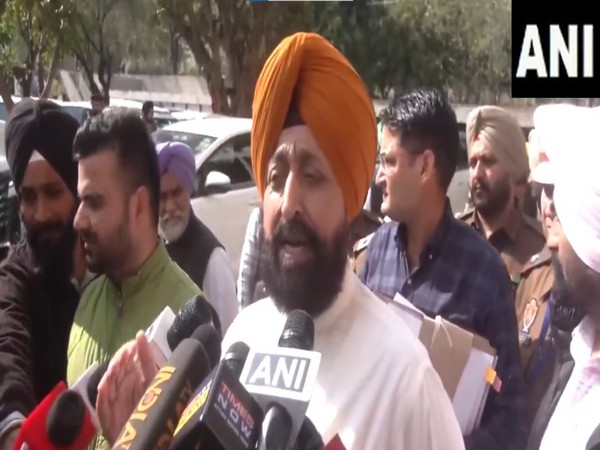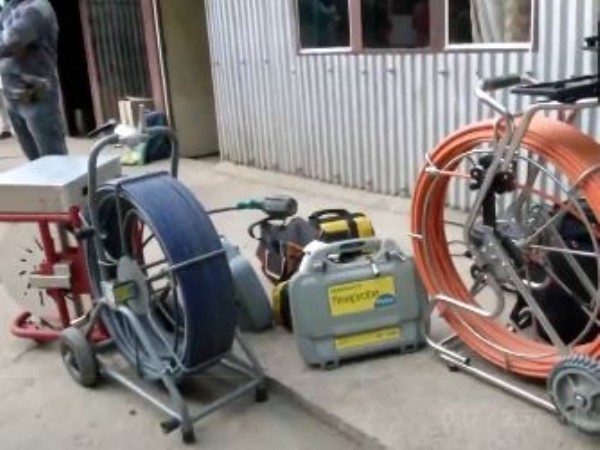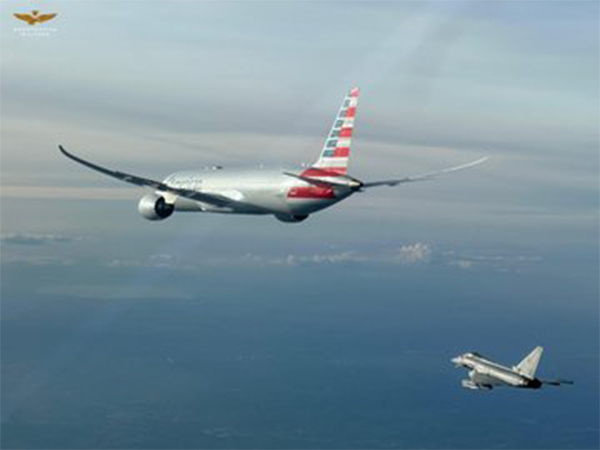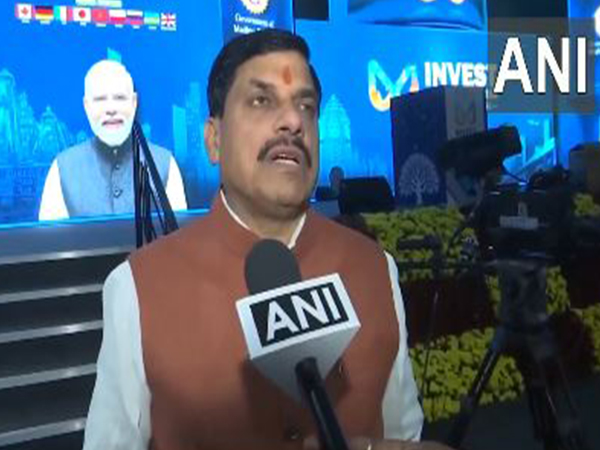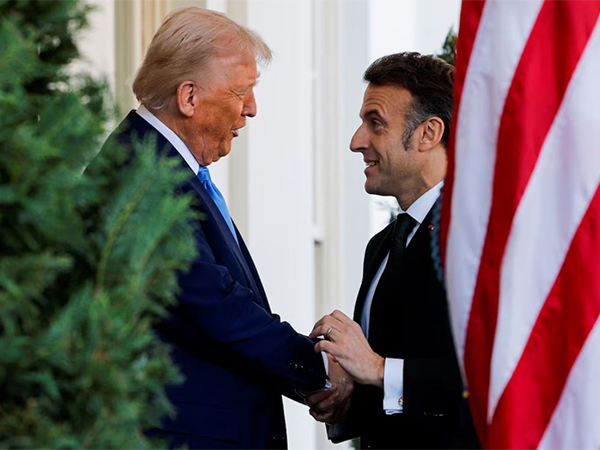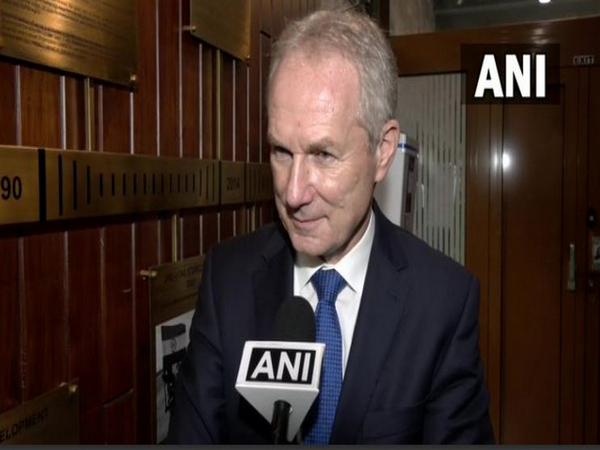
By Ayushi Agarwal
New Delhi [India], January 30 (ANI): United Nations General Assembly President Csaba Korosi here on Monday hailed India’s presidency of the G20 and said that India’s plans for G20 are promising for the world and for the Global South.
“As far as I could discuss some related matters with the Government of India and as far as I could read some of the plans the Government of India is pursuing for this year, it’s very promising for the world, for the global south, and for this country as well,” he said in an exclusive interview with ANI when being asked about how India can play a crucial role at a time when the world is going through a global turmoil.
“I wish all the best to the Government of India to run a successful presidency in the G20,” he added.
Stressing the point that the Russia-Ukraine conflict hasn’t seen its end yet, the UNGA President said that countries including India aren’t aware of any concrete negotiations. “It’s up to the Indian government to tell what role it can play or will play. I cannot decide on behalf of India. Unfortunately, this conflict is still not at the end, unfortunately, this war is still going on and unfortunately, the killing in Eastern Ukraine is demanding heavy casualties every day. I am sure that many countries may be India included, offering good services but are not aware of any concrete negotiations where peace negotiations would be now on the table” he said.
Earlier in the day, the UNGA President also commended India’s role in the Russia-Ukraine conflict highlighting how the Indian government assured the safety of Indian students studying in Ukraine at the time when war broke out. “We’re approaching the 1st anniversary of the war in Ukraine that caused suffering and displacement. A war that has unleashed an energy & food crisis across the globe. I commend India for your calls for peace in Ukraine and across the world”, he said while addressing a lecture at the ICWA early today.
“A war that even rolled back an unconditional and unconscious road. I know many Indians were studying in Ukraine when the war broke out and I salute your country and your country’s government for their commitment to safety and security”, he added.
Pointing out the deficiencies of the United Nations Security Council, the President added that he is fully aware of the sanctions India is particularly interested in related to counter-terrorism and that he is happy that some progress was made in the last couple of months. “Here we come again, to the deficiencies of the Security Council because UN sanctions can only be issued and imposed by the Security Council. The more the council is divided, the more are the chances that on certain issues of sanctions or other big challenges, there will be no agreement and no decisions in the Security Council” he said. “I am certainly fully aware of those types of sanctions India is particularly interested in related to counter-terrorism and I am very happy that there was progress in the last couple of months in that field as well”, he added.
On being asked if he had any discussion on counter-terrorism with Prime Minister Narendra Modi, Korosi said that he did not discuss this issue with the Prime Minister but he is “fully aware of the fact that it is an important issue in this country and other parts of the World”. On his first visit to India, UNGA President met with Prime Minister Modi and discussed the importance of conserving and optimising global water resources. “Happy to welcome UNGA President Csaba Korosi on his first visit to India. Reaffirmed India’s commitment to multilateralism, including at the UN. We discussed the importance of conserving and optimising global water resources. Welcomed his support for G20,” tweeted PM Modi.
Earlier Korosi also met External Affairs Minister S Jaishankar, who hosted him for a millet lunch. The two diplomats discussed UN reform, the Ukraine conflict and the G20 agenda. Jaishankar also assured him of India’s support in ‘developmental progress and reformed multilateralism’. The President of UNGA will travel to Bengaluru on January 31, to interact with scientists at the Indian Institute of Science (IISc) and to take a look at an IISc-led water conservation project. (ANI)


